Online Alcohol Recovery Resources & Tips
Evidence-based information, virtual treatment options, and inspiring stories to support your journey.

Will Rehab Ruin My Career? The Truth About Privacy
'If my boss finds out, I'm finished.' This fear keeps thousands of professionals from getting help. Here is how to recover without putting your reputation at risk.
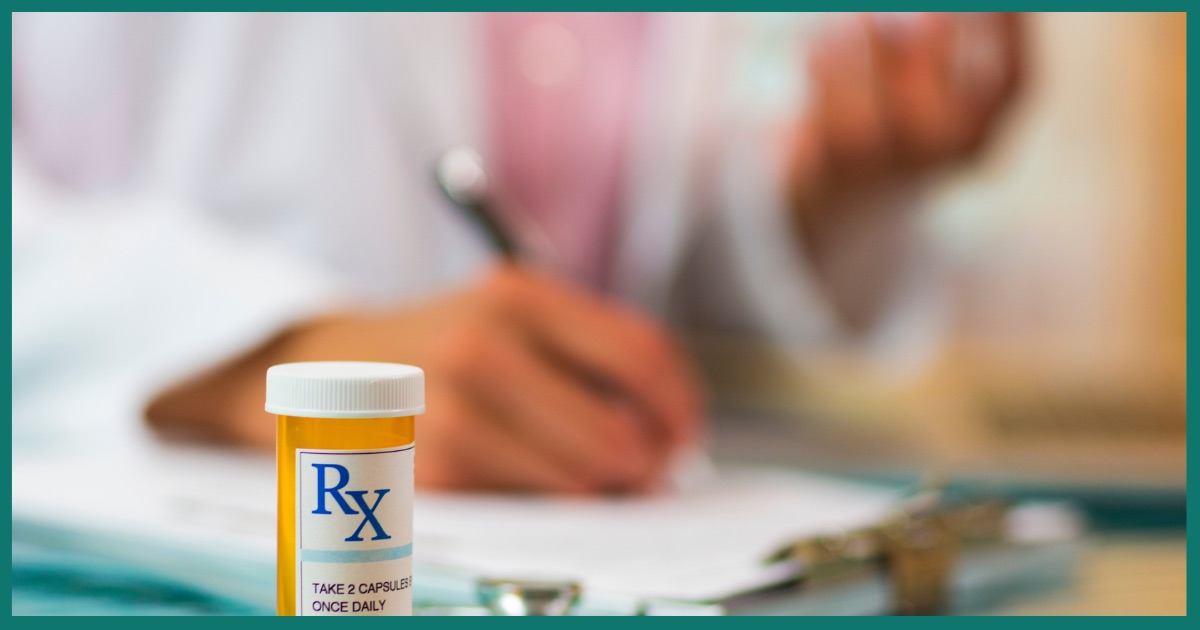
How to Get Naltrexone in Canada: The Honest Guide
You've done the research on The Sinclair Method, but your family doctor said no. Here is why that happens, and the direct pathway to getting the medication you need.
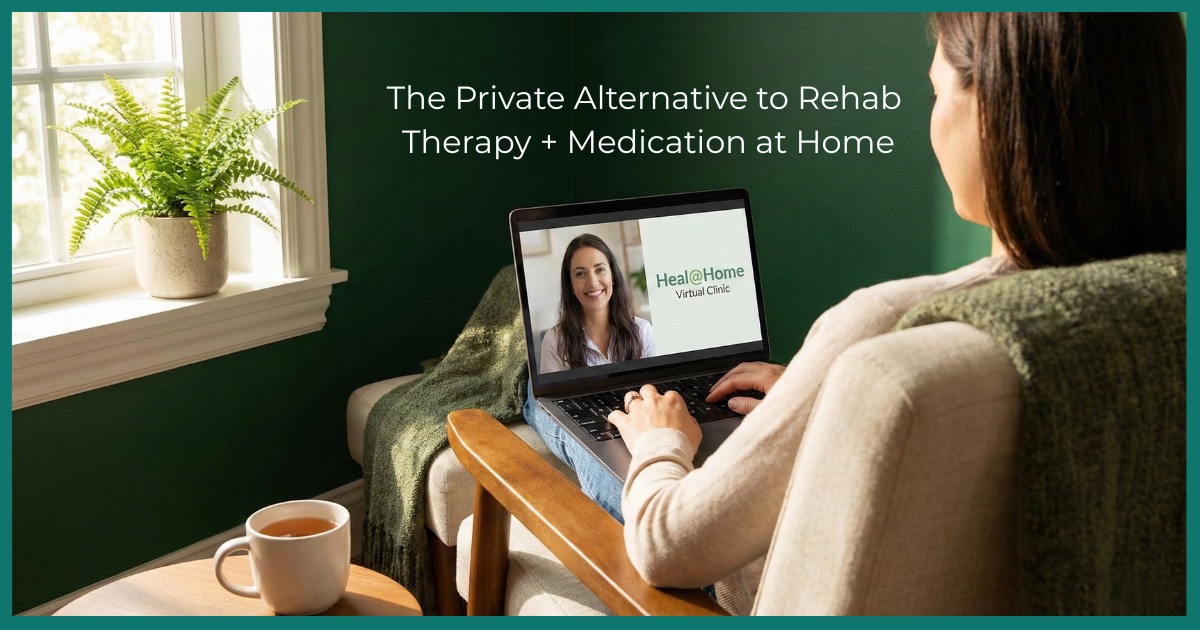
I Can't Afford Rehab: Accessible Alternatives That Actually Work
Traditional rehab can cost thousands of dollars, but effective addiction treatment doesn't have to break the bank. Learn about accessible alternatives that deliver real results.
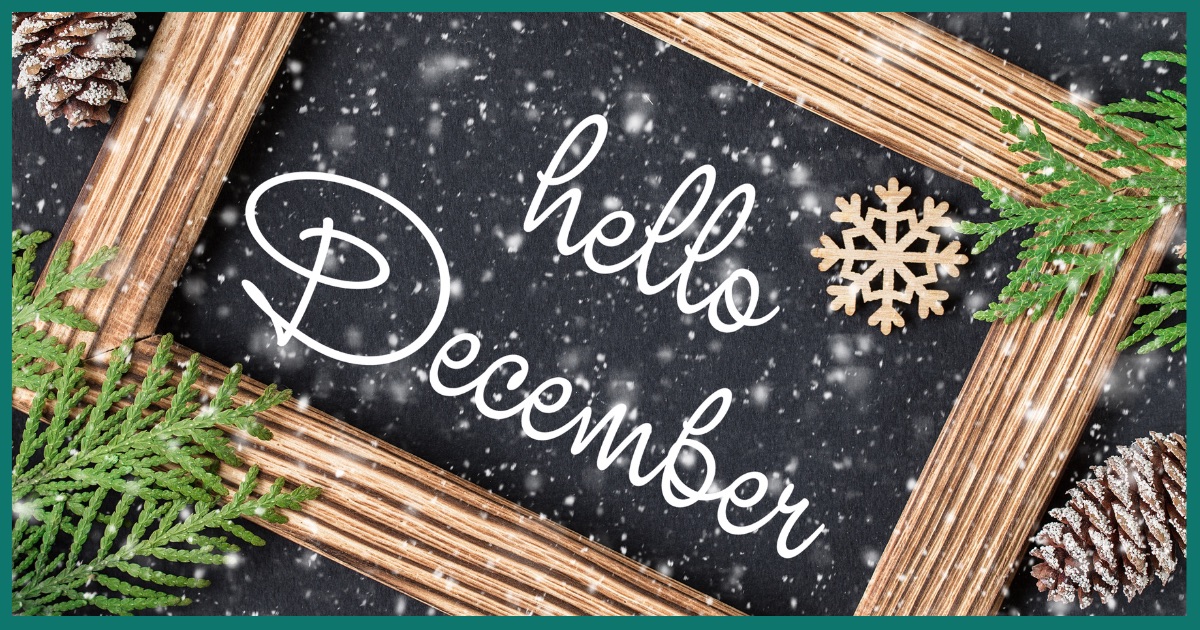
It's Not Too Late: Getting Your Alcohol Under Control Before the New Year
The weeks leading up to January 1st might be the perfect time to start taking control of your relationship with alcohol. Learn why and how.

The High-Functioning Trap: 5 Signs You Are Masking a Problem
You excel at your job and take care of your family. But at 5:00 PM, a switch flips. Discover the science behind 'High Functioning' drinking and how to break the loop.
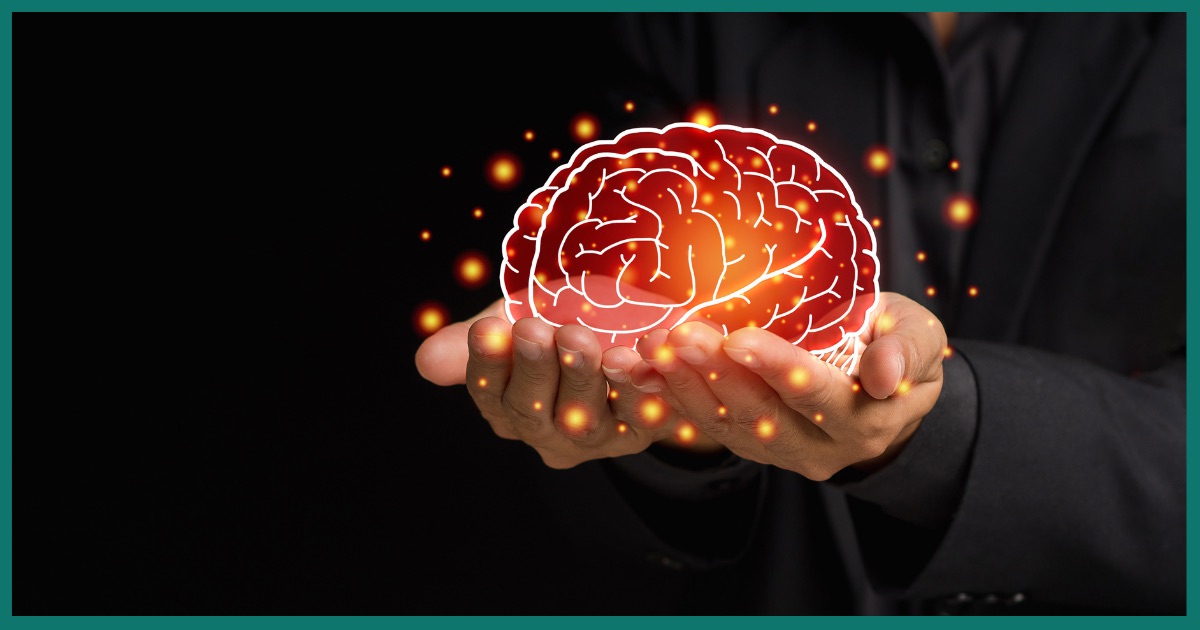
The Vicious Cycle: Scientists Pinpoint the Brain Circuit That Traps Alcohol Users
New science has identified a specific brain circuit that explains why relapse is so hard to avoid. It's not about pleasure; it's about escaping pain. Here's what it means for recovery.
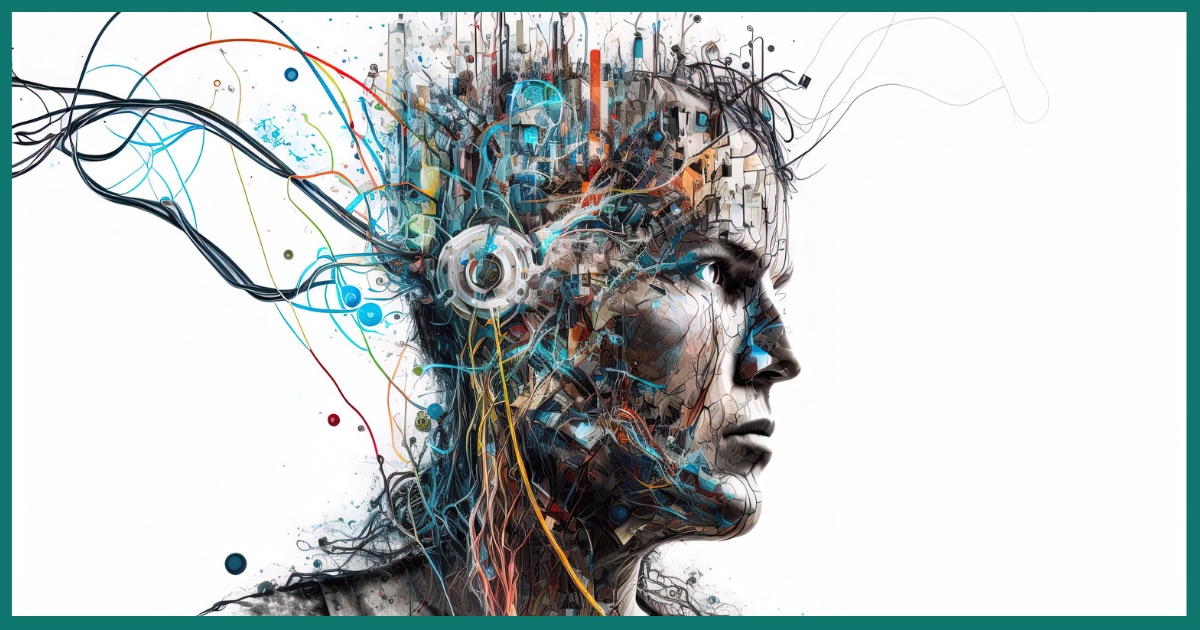
Your Brain Isn't Broken: Why 'Disease' Is the Wrong Word for Addiction
New science shows that addiction isn't a brain disease, but a powerful learned behavior. Discover how neuroplasticity empowers you to rewire your brain and recover.

When Your 'Toxic Lover' Is Alcohol: A Different Path to Sobriety in Canada
For those who struggle with the traditional abstinence-only model, there is another, science-based path. This is a story about The Sinclair Method.

Did I Lose My Personality? Finding Yourself Again After You Quit Drinking
Were you the 'life of the party'? If sobriety has you feeling like you've lost your personality, you're not alone. Here's how to find the real you.
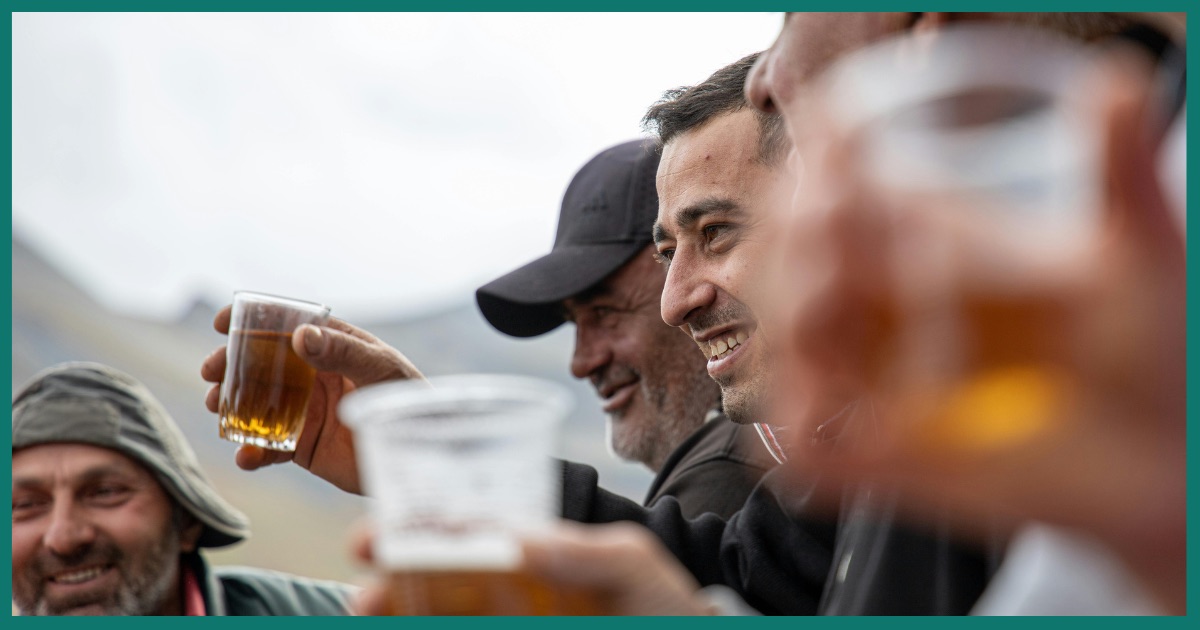
The Slippery Slope: How 'Just a Few Beers a Night' Becomes a Problem
It's a story many Canadians recognize. The quiet, insidious creep from a few beers on the weekend to a nightly habit that leaves you feeling trapped. Here's how it happens.
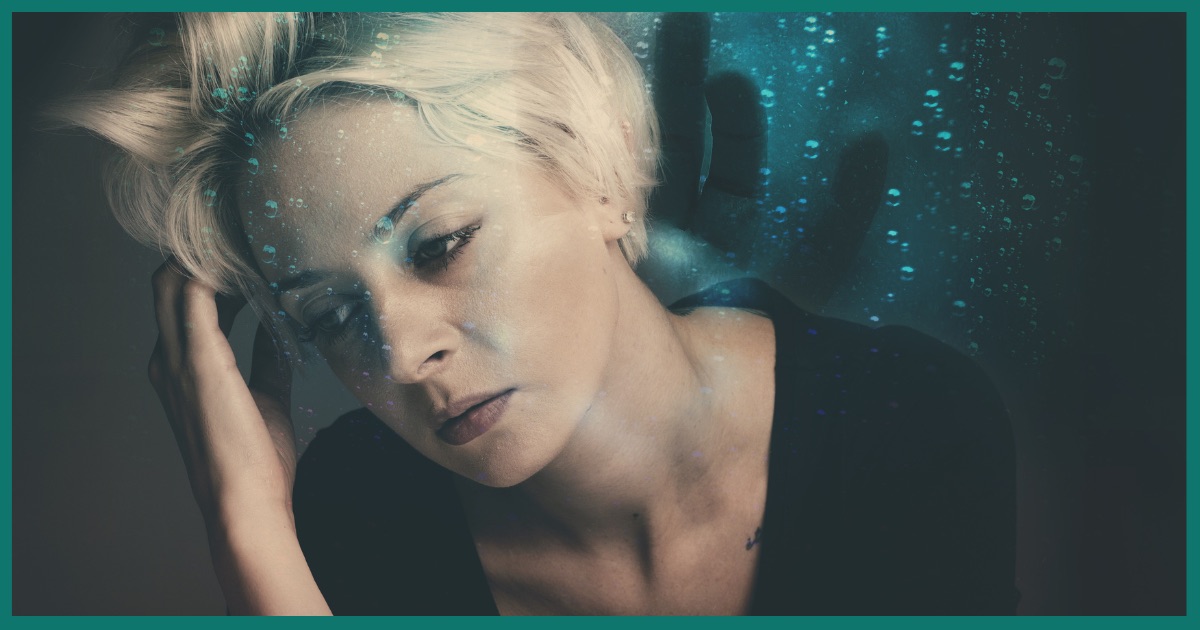
Why Can't I Just Stop? A Canadian's Guide to the Inner Negotiation with Alcohol
The exhausting process of bargaining with yourself about alcohol isn't a moral failing; it's a sign of a biological tug-of-war in your brain. Here's why.

What to Say When Someone Asks Why You're Not Drinking
Feel anxious when someone asks why you're not drinking? Our guide provides simple, direct, and honest scripts to help you navigate any social situation with confidence.
Ready to Start Your Recovery Journey?
Our evidence-based approach can help you build a healthier relationship with alcohol.